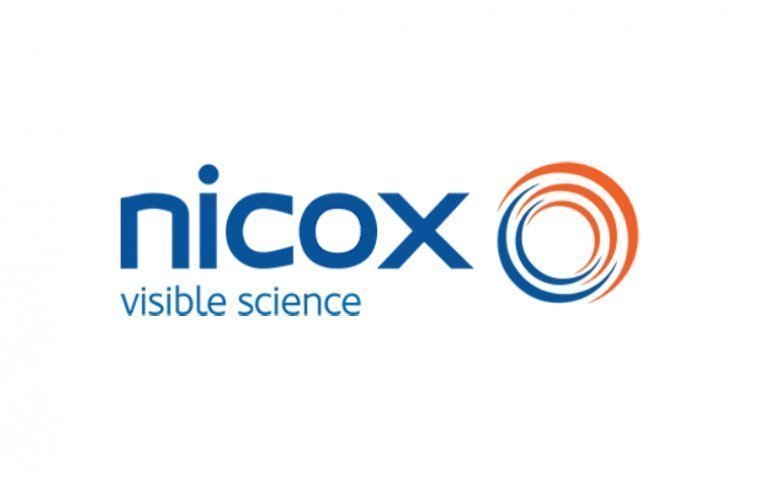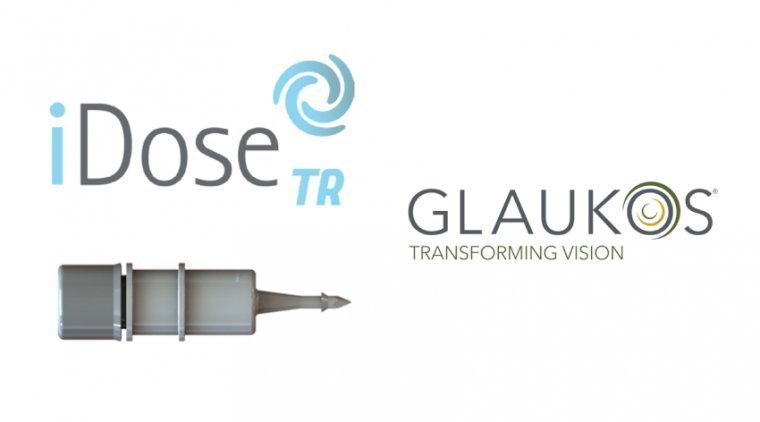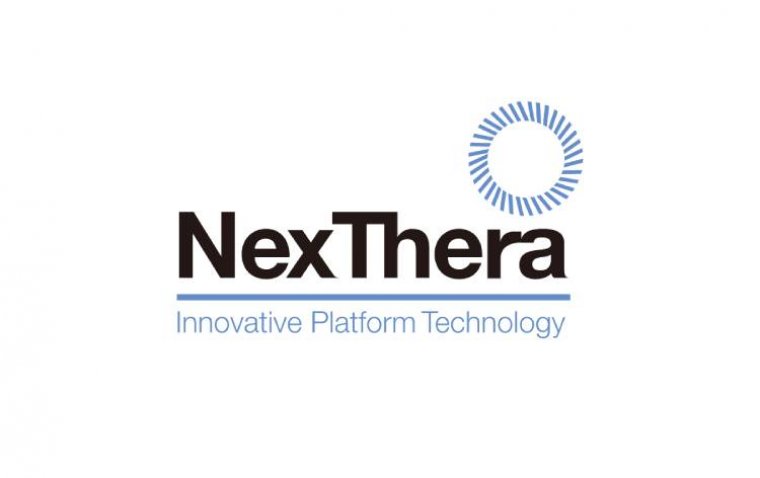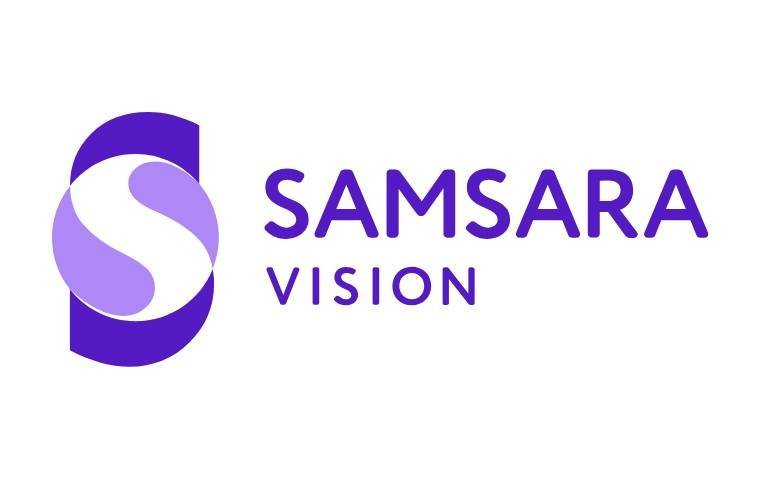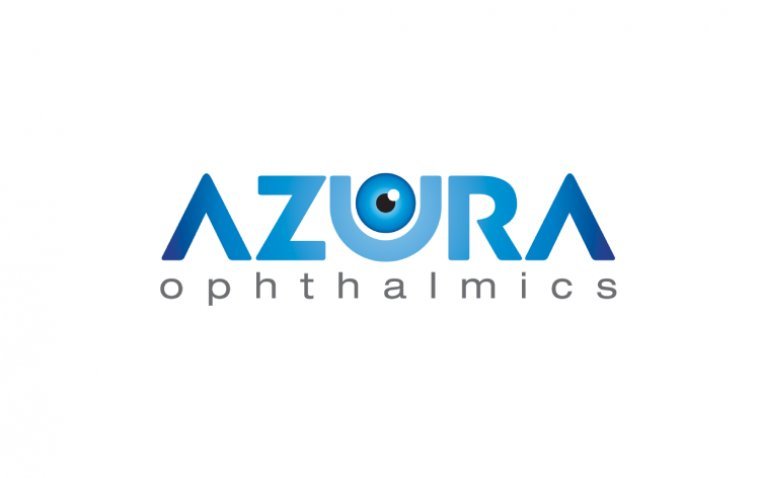
Azura Ophthalmics Initiates Phase 3 Clinical Trial for AZR-MD-001 in Patients with MGD
Azura Ophthalmics has reached a significant milestone with the enrollment of the first patient in the ASTRO study—a phase 3 clinical trial evaluating the efficacy and safety of AZR-MD-001 in patients grappling with clinical signs and symptoms of meibomian gland dysfunction (MGD).
Optimism from Dr. Francis Mah
According to a recent company news release, Dr. Francis Mah, MD, Director of Cornea and External Disease and Co-Director of Refractive Surgery at Scripps Clinic Medical Group in La Jolla, California, expressed optimism about the potential of AZR-MD-001. "AZR-MD-001 has already demonstrated efficacy against a variety of clinical endpoints indicating that the product has the potential to improve the signs and symptoms of MGD for up to 6 months," Dr. Mah stated.
"The ASTRO study, the second confirmatory efficacy study, will reveal important additional new findings on the use of AZR-MD-001 as a foundational treatment for MGD, and I look forward to learning more about the potential of this ophthalmic keratolytic to restore meibomian gland function in patients,” Dr. Mah added.
Trial Design Overview
The phase 3 ASTRO trial is designed as a multicenter, double-masked, vehicle-controlled, randomized trial to assess the efficacy, safety, and tolerability of AZR-MD-001 sterile ophthalmic ointment 0.5% compared to vehicle in patients with abnormal meibomian gland function and associated symptoms of DED (dry eye disease). Over 500 patients are expected to be dosed twice weekly at bedtime for up to 12 months.
Key study highlights include:
Primary Endpoints:
● The change from baseline to month 3 in meibomian glands yielding liquid secretion (MGYLS; 0 to 15 scale), which counts the number of glands secreting liquid meibum.
● The change from baseline to month 3 in the total Ocular Surface Disease Index (OSDI©) score (0 to 100 scale).
Secondary Endpoint:
● The change from baseline to month 3 in Standard Patient Evaluation of Eye Dryness (SPEED) score (0 to 28 scale).
Additionally, the study aims to evaluate the ability of AZR-MD-001 to improve additional sign and symptom measures compared to the vehicle, and to assess the safety and tolerability of AZR-MD-001 applied to the lower eyelid twice-weekly through month 12.
With the initiation of the ASTRO trial, Azura Ophthalmics reaffirms its commitment to addressing unmet medical needs in ophthalmology and endeavors to provide innovative solutions for patients suffering from MGD and associated symptoms of DED.
About Meibomian Gland Dysfunction
Meibomian gland dysfunction (MGD) is a common and chronic condition characterized by dysfunction of the meibomian glands, which are responsible for producing the oily layer of the tear film. This dysfunction often leads to a decrease in the quantity or quality of the oils produced, resulting in evaporative dry eye and ocular surface discomfort. Symptoms of MGD can include dryness, irritation, burning, itching, and fluctuating vision.
(1).jpg)


